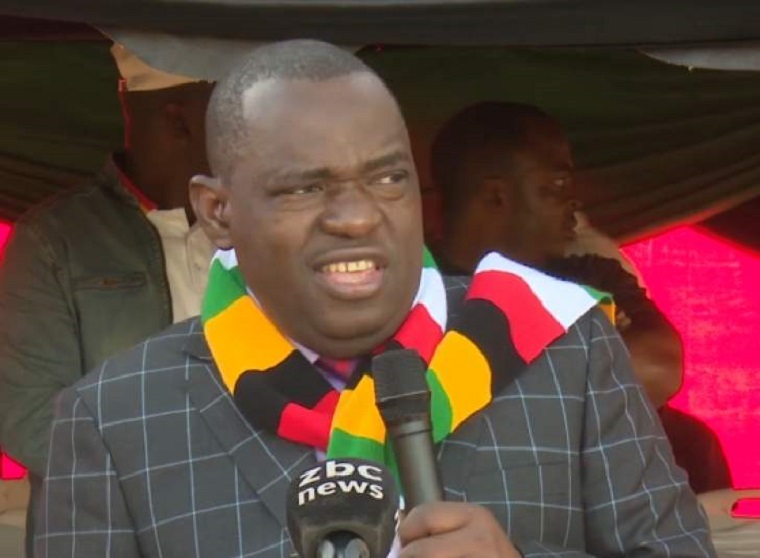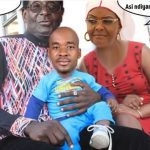 Two weeks ago today, millions of Zimbabweans queued peacefully to cast their ballots in the freest and fair election our country has ever experienced.
Two weeks ago today, millions of Zimbabweans queued peacefully to cast their ballots in the freest and fair election our country has ever experienced.
That day we saw what Zimbabwe should and can be. The following Wednesday, we saw what it must not be.
Protests turned violent in capital Harare. Six citizens lost their lives in the turmoil: a tragedy for their families, the nation and our democracy.
It was not the election that Zimbabweans — buoyed by hope of a new era — had expected, nor our international partners.
What precisely happened remains unclear. President Mnangagwa has stated he shall institute an independent commission to investigate the episode.
It will comprise both Zimbabweans and international experts to produce an account free from political influence. It is essential to establish these facts if our democratic journey is to continue.
For while accusations and counter-accusations reverberate across social and traditional media, we must not act in haste borne of allegation.
This investigation must progress according to due process. It is times like these we must uphold the law, for now, it is most needed.
And whatever the commission’s findings, they shall be fully implemented: the perpetrators — regardless of position or politics — shall be identified, held to account and face conviction for their actions.
However, whilst the unsanctioned violence is indefensible, we cannot let it eclipse the peoples’ democratic expression.
The election process represented a landmark in Zimbabwe’s progress and development. Transition was never going to be easy. Yet the reforms that culminated in this momentous vote must be acknowledged.
Zimbabwe opened itself up to international scrutiny like never before: over 40 external sets of observers — totaling around 4 500 individuals — were invited by the administration to monitor the election. This was perhaps the most monitored election ever witnessed in Africa.
One was Nobel Peace Prize recipient and former President of Liberia. Ellen Johnson Sirleaf declared the election free and fair. She was co-lead of the joint international observer delegation of the United States’ International Republic Institute and the National Democratic Institute. Many local and international observers’ preliminary verdicts chimed with her assessment.
Yet this does not mean that some organizations did not find fault – including that of Mrs. Sirleaf. No electoral process is flawless.
The consensus, however, was that the pre-election environment was peaceful, the polling process was transparent, and political contenders were free to campaign across the country unhindered.
Continued next page
(1283 VIEWS)


